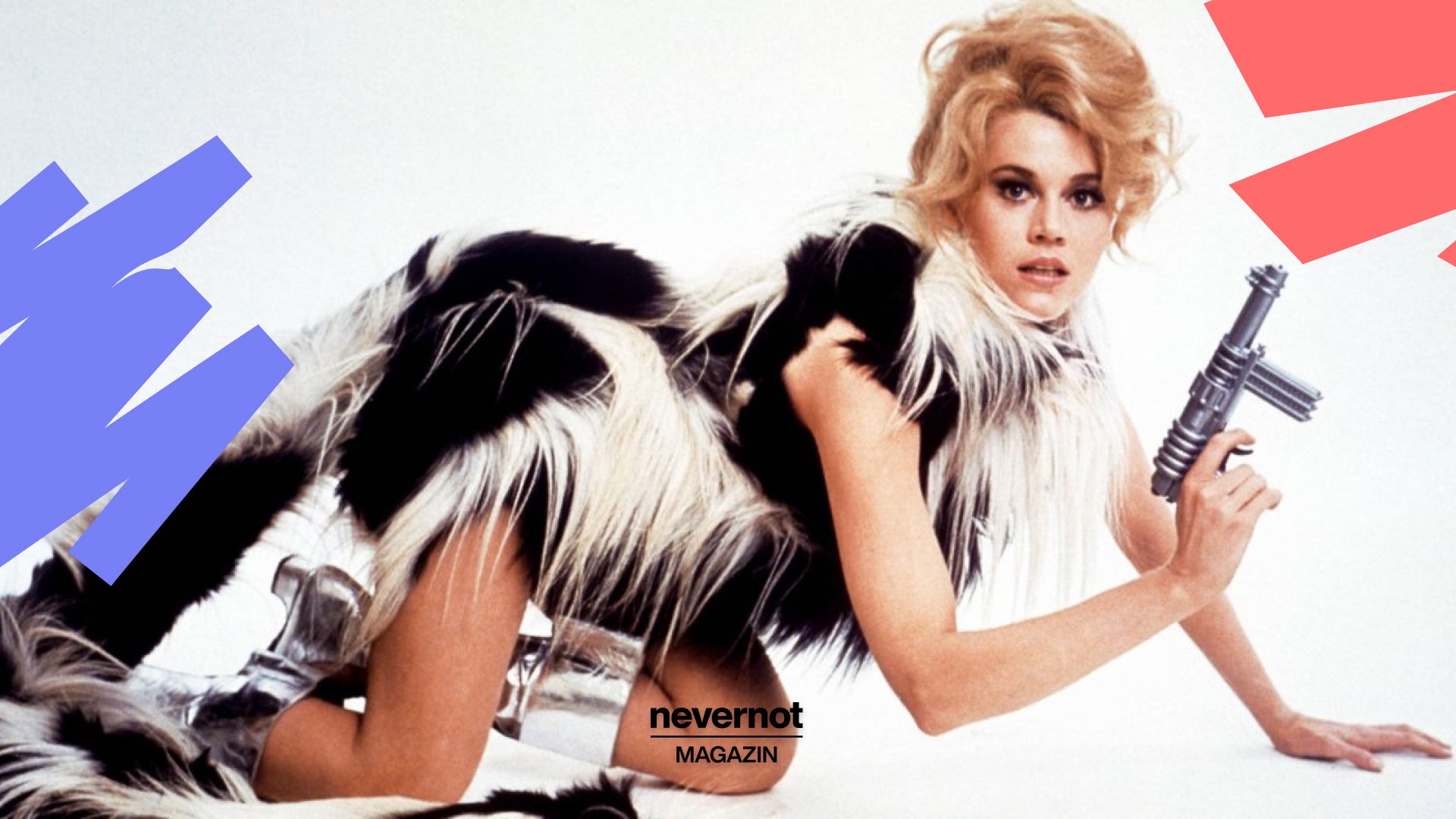Why we don't say "power woman" anymore...
"Power-woman", "Working Mom" or "Girl Boss" are terms that are well intended, but they imply a deviation from the norm with their extra syllables .
A "power woman" is stronger than a "normal" woman, a working mom is a mother who, in addition to her unpaid care work, also has a "real" job, and a "girl boss" has to be emphasized linguistically, because a boss is usually male. These words suggest that a woman can be strong, cam have a career and can be a boss despite being a woman .
In feminist circles, the whole thing is often reversed: I'm "powerful" because I'm a woman. I have leadership qualities because I am a woman. This way of thinking means taking a step backwards on the path to equality. Although women and men are often raised differently and thus socially shaped, their supposedly feminine or masculine characteristics have little to do with whether they have a vulva or a penis – they are socially constructed. Because people with a vulva can be just as aggressive, athletic or rational (characteristics typically associated with male connotations) and people with a penis can be just as emphatic, tender, or emotional as women are believed to be.
For example, have you ever heard the term "powerman"? No? Neither do we, because the term “man” is inherently (and socially) associated with qualities such as strength, assertiveness, and success. The addition "power" is therefore not needed, it is already hidden in the essence of the word.
Terms such as "power woman" or "girl boss" form two categories: a women's world in which there are power women and the others – and a men's world in which women are only allowed to play, if you are a “power woman” or a “girl boss” – i.e. if you have typically male characteristics. Those who use additives practice "othering" or alterization: Our world is, thus, divided into one or the other, into "power women" and "normal women", i.e. the "non-power women", into strong people with vulva and weak people with vulva. One group distances itself from the other and places itself above the others.
Because we've gone one step further, we know that every woman can be strong, we no longer need extra syllables to emphasize their strength.
Now also read the article "The Myth of an Ever-Wet Vulva" – about the societal stigma of vaginal dryness.



